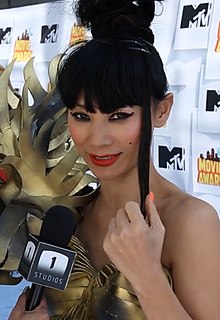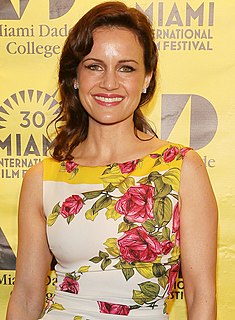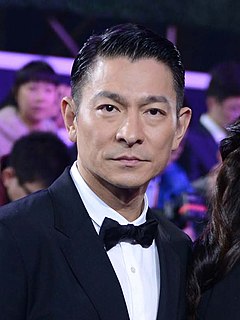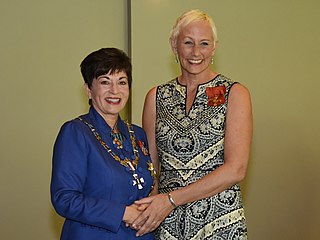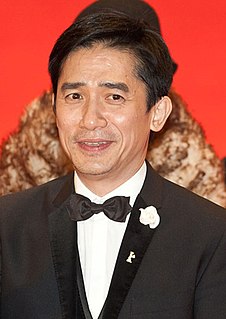A Quote by Lulu Wang
I didn't see myself in Jia Jhangke or Wong Kar-Wai films. Those are Asian filmmakers, and I very much am an American filmmaker.
Related Quotes
I want to challenge myself to see where my limit is and experiment with a lot of different films. A lot of artists from Asia focus too much on their Asian background. I don't want to let go of my background, but to be a success in the U.S., which is my goal, I realize I need to surround myself with American filmmakers and producers.
While it is increasingly possible for filmmakers to find an audience on their own (something that is particularly popular amongst documentary filmmakers) I'm still a believer in the "specialist". By this I mean, I back myself as a filmmaker, but I leave the marketing and distribution of my films to the experts.
Even before the economic crisis in Greece there was no structure for making films - no proper industry, and the structure didn't help filmmakers at all. So filmmakers had to help each other, and make very, very low-budget films. Now with the crisis, things got a bit worse, but filmmakers are still going to be making films. It didn't change that much.
Does people not asking me about Asian American literature mean they don't see it as its own literary tradition? I certainly believe in it as its own literary tradition, because your race plays a great factor in how you are seen by the world, and how you see the world; the fact that I'm an Asian American isn't incidental to who I am as a writer. Where it becomes difficult is defining what, if anything identifiable at all, makes an Asian American book an Asian American book, other than the fact of its creator being Asian. And I'd argue that there is nothing identifiable beyond that.
I wish people wouldn't just see me as the Asian girl who beats everyone up, or the Asian girl with no emotion. People see Julia Roberts or Sandra Bullock in a romantic comedy, but not me. You add raceto it, and it became, 'Well, she's too Asian', or, ‘She's too American’. I kind of got pushed out of both categories. It's a very strange place to be. You're not Asian enough and then you're not American enough, so it gets really frustrating.
We cannot educate white women and take them by the hand. Most of us are willing to help but we can't do the white woman's homework for her. That's an energy drain. More times than she cares to remember, Nellie Wong, Asian American feminist writer, has been called by white women wanting a list of Asian American women who can give readings or workshops. We are in danger of being reduced to purveyors of resource lists.

